The Cockroach
by Ian McEwan
The Cockroach by distinguished author (and Five Books interviewee) Ian McEwan is a political satire about Brexit, the shorthand used for the decision of the United Kingdom to exit the European Union following a referendum in June, 2016. Critical response to The Cockroach in the UK has been predictable: those who support Brexit hate it and those who oppose Brexit love it.
The audiobook, read by the British comic actor Bill Nighy in his customary lugubrious tone, is very, very funny.
“This novella is a work of fiction. Names and characters are the product of the author’s imagination and any resemblance to actual cockroaches, living or dead, is entirely coincidental”—Ian McEwan, the Cockroach.
One of the great achievements of Brexit is that a subject that previously made people fall asleep, Britain’s relationship with the European Union, has engendered a massive political awakening. Across Britain there are heated arguments around the breakfast table. Beloved relatives stomp off in a rage at family gatherings. Meanwhile various public intellectuals on Twitter—who previously came across as sage, measured and of a reserved temperament—have been metamorphosed by Brexit into angry and indignant firebrands.
Ian McEwan, one of Britain’s greatest living novelists, is not, as far as I know, on Twitter. However, with his writing of the Cockroach, he has firmly established himself as another of the intellectuals whom Brexit has sent off the deep end. In the book, the British prime minister is a cockroach. ‘Reversalism’ (Brexit) is a system where money flows in the opposite direction from normal, so instead of getting a salary to work, you pay your company. Meanwhile, rather than having to spend money to go shopping, the retailer has to pay you. Not surprisingly, the only trade deal that Britain has managed to secure is with St Kitts and Nevis (and that one falls through halfway through the book).
This is not satire along the lines of Jonathan Swift’s Gulliver’s Travels, where we enter a whole new and compelling world that will be the stuff of children’s books for years to come. While McEwan devotes some thought to the cockroach worldview and the pheromones that guide them, this is a short book, really more of a short story, written to let off steam. On BBC Radio 4’s Today programme, McEwan explained why he had written it. In a situation so bad you could either laugh or cry, he’d opted for the former.
But amidst his pleasure at ridiculing Brexiteers and Brexit policies (as well as Donald Trump and his Twitter account, who also make an appearance in the Cockroach), it’s clear that there is a fundamental question that really bothers McEwan. In the book, it’s put in the mouth of the German chancellor: Warum? Why? The Cockroach provides its own (hopefully) fictional answer, but in real life there are no simple explanations.
Normally in Ian McEwan’s novels, politics is more in the background. There is something slightly shocking about having him so forcefully express his views, though as someone who shares his view of Brexit as something that’s destructive and doesn’t even make any sense, I admire him for doing so. For a novelist with a reputation as august as his, it’s a risk he did not have to take.
One other aspect of the Cockroach I like: the fact McEwan is a novelist, and language his métier. He’s very attuned to the linguistic cues that Brexiteers—and populists generally—use to appeal to people, words like ‘pure’ (compared to a ‘dirty’ EU), or a civil service that’s ‘turbocharged’ (compared to the ‘blockages’ of the current system). The other thing he picks up in the Cockroach is the talk of the French as ‘our very good friends,’ while stabbing them in the back. In real political life too, post-Brexit prime ministers have talked much about ‘our EU friends’, while treating them as anything but.
If you’re anti-Brexit this book will make you laugh out loud, if you’re pro-Brexit it’ll probably irritate you. Such are the times we live in.
 Sophie Roell, Five Books Editor
Sophie Roell, Five Books Editor
Our most recommended books
-

Brexit Beckons: Thinking ahead by leading economists
by Richard Baldwin (ed) -

Brexit and British Politics
by Anand Menon & Geoffrey Evans -

Branching histories of the 2016 referendum and ‘the frogs before the storm’
by Dominic Cummings -

Listen, Liberal: or Whatever Happened to the Party of the People?
by Thomas Frank -

Brexit: Why Britain Voted to Leave the European Union
by Harold Clarke, Matthew Goodwin & Paul Whiteley -

The British General Election of 2019
by Paula Surridge, Robert Ford, Tim Bale & Will Jennings
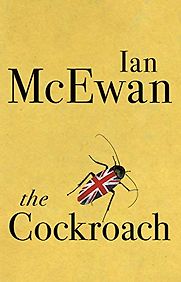
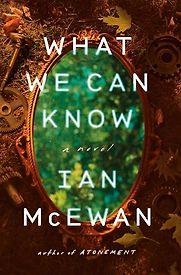
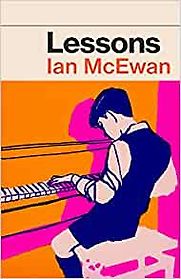
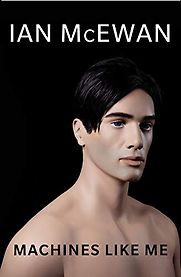
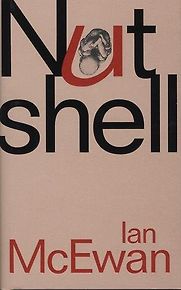
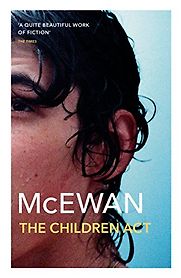




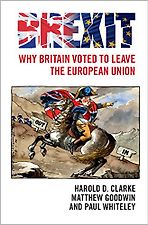
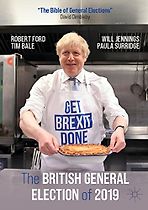
Five Books review